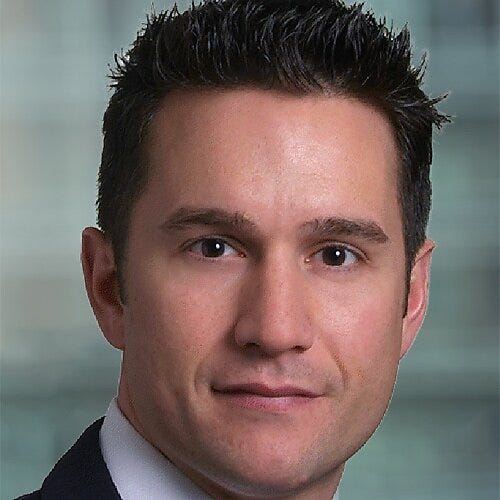For FreeCons, the default is liberty
Analyst describes “foundational gap” between rival groups on the role of government
Is there really much of a distinction between Freedom Conservatives and National Conservatives? After the release of our Statement of Principles on July 13, some commentators suggested there wasn’t, arguing that FreeCons differ from NatCons only in rhetorical emphasis and a few policy details. One of our signatories, Avik Roy, responded to this argument in National Review. “FreeCons and NatCons do overlap on some things,” Roy allowed, “but the differences show why FreeCons offer a better way.”
Last week, Cato Institute vice president Scott Lincicome weighed in with his own lengthy discussion for The Dispatch. To say FreeCons and NatCons represent “shades of the same conservatism,” Lincicome wrote, “really misses the mark.” There is, in fact, “a foundational, unbridgeable gap between NatCons and FreeCons on the role of the government—especially the federal government—in American politics and American life.” Comparing the July 13 statement of principles with a National Conservatism statement released last year, Lincicome discovered a fundamental difference:
In the NatCon document, the state—the “national interest” — is first (and anthropomorphized), and the people are a distant second (“liberty” and “freedom” are even lower…) FreeCons take the exact opposite approach: their default is human liberty, and state action is the (limited) exception. They prioritize—as the Declaration of Independence did—individual rights and the primacy of the people over their government.
Because NatCons and FreeCons don’t begin with the same premises, Lincicome continued, the two groups inevitably disagree about many policy details: on trade, education, free speech, federal spending, and a host of other issues. “I don’t know which side the American right will ultimately choose,” he concluded, “but it’s most definitely a choice—and a very big one at that.”
Other coverage
At the Canadian news outlet The Hub, editor Sean Speer explored the FreeCon vs. NatCon rivalry in the context of both American and Canadian politics. “The release of two manifestos has led to considerable debate within conservative intellectual circles,” Speer wrote, concluding that the differences between the FreeCon and NatCon statements of principles are more significant than their commonalities. The distinction is “best captured in the inherent tension between Ronald Reagan’s ‘Morning in America’ and Donald Trump’s ‘America carnage,’” he wrote. “One way to put it is: the FreeCons aspire to cultivate a conservative renaissance and the NatCons wish to launch a conservative revolution.”
In a recent column for The Washington Examiner, author Rainer Zitelmann credited FreeCons for championing the pro-market policies associated with President Reagan over the big-government policies of Joe Biden. “The authors of the Freedom Conservatism manifesto remind us why the U.S. has been so successful,” Zitelmann wrote. “The principles of capitalism must be defended today against the Left — and against segments of the Right.”
The Goldwater Institute, based in Arizona, reposted the FreeCon statement of principles on its website last week. Both Goldwater’s president, Victor Riches, and executive vice president Christina Sandefur are signatories to the statement.
Signatory John Hood, president of the John William Pope Foundation, dedicated a recent syndicated column to the statement of principles. “We describe ourselves as FreeCons not because freedom is our sole interest,” Hood wrote, “but because without it, our other fundamental values and institutions will prove impossible to sustain. Only a free America can be a great America.” The column appeared in dozens of newspapers, including the Jacksonville Daily News.

